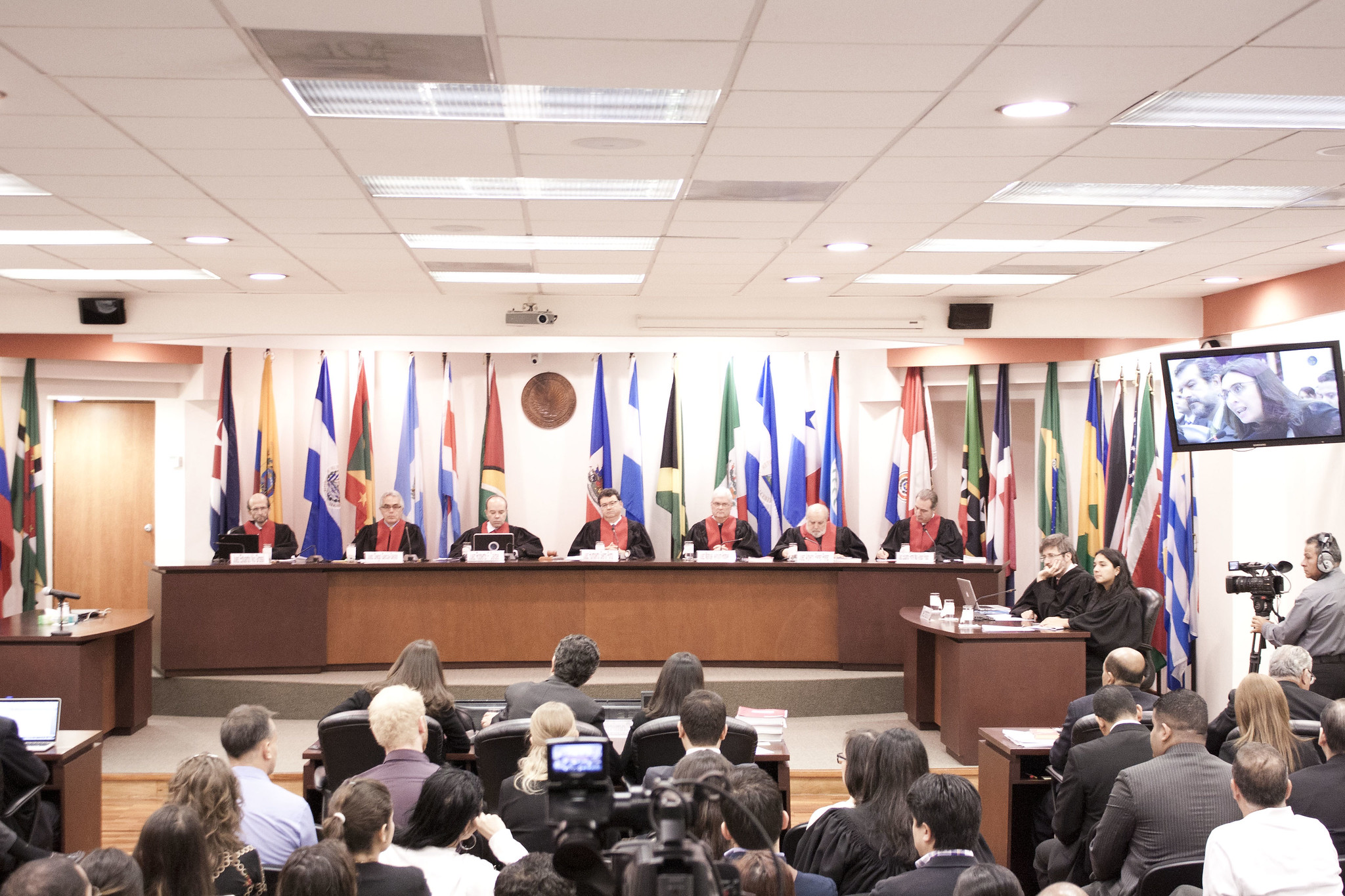GlobalGirl Media (GGM), a U.S.-based organization dedicated to the empowerment of young women through the media, is fundraising for a new initiative in São Paulo, Brazil. The program focuses on the links between sexuality and technology and aims to provide girls with a channel for voicing their opinions through journalism and other media.
From Nov. 18 to 19, international experts are meeting in Bogota, Colombia to discuss the situation of the media, legislation, ownership concentration and/or control and the impact on freedom of expression and the exercise of journalism.
Two people on a motorcycle fatally shot 30-year-old Brazilian blogger Ítalo Eduardo Diniz Barros on Nov. 13 in Governador Nunes Freire in Maranhão state. A friend with Diniz was also shot, but survived, according to G1.
This has been the deadliest year for the Mexican press since President Enrique Peña Nieto took the presidency in 2012, according to freedom of expression advocacy organization Article 19.
In the context of high levels of violence against journalists in Brazil, which already account for four murders this year, freedom of the press defenders came together around a project that seeks to curb impunity in these crimes. The Brazilian Press Association (ABI for its acronym in Portuguese) and the National Federation of Journalists (Fenaj for its acronym in Portuguese) launched "SOS Journalist", a platform for journalists to denounce aggressions and media abuses related to their professional practice, and to ask for and receive state protection.
Raúl Peñaranda has been the source of headaches for the powers that be since the start of his journalism career as a teenager in Bolivia. Back then, his subjects were teachers. Now, he focuses on the Bolivian government.
Days after the Ecuadoran government shelved a process to dissolve a press freedom watchdog group in the country, the Associated Press (AP) reports that President Rafael Correa told the agency Latin American journalism in the worst in the world and a threat to democracy.
The dissolution process against the Andean Foundation for Media Observation & Study, also known as Fundamedios, was shelved following notification from the National Communications Secretariat (Secom) to the NGO, Fundamedios reported on its Twitter account on Sept. 25.
In the run up to Argentine general elections this October, the Association of Argentine Journalistic Entities (ADEPA for its acronym in Spanish) called on political candidates to protect press freedom and pointed to attacks from organized crime as increasing threats to journalists.

The Venezuelan Supreme Court said that a recent ruling by the Inter-American Court of Human Rights to restore the license of RCTV was “unenforceable.” The decision of the I/A Court in the Case of Granier and et al. (Radio Caracas Television) vs. Venezuela, considered that the State of Venezuela violated the rights to freedom of expression and due process of managers, journalists and other employees of Radio Caracas Television (RCTV), and ordered the State to restore the channel’s signal and compensate the victims for damages.
As Ecuador’s main press advocacy organization fights to stay alive in the face of government orders to dissolve it, an international forum of journalists and free speech advocates released a 15-point action plan to address challenges to freedom of expression in that country.
Paraguayan journalist Cándido Figueredo Ruiz is one of the winners of the 2015 International Press Freedom Awards given by the Committee to Protect Journalists (CPJ), the organization announced Tuesday.